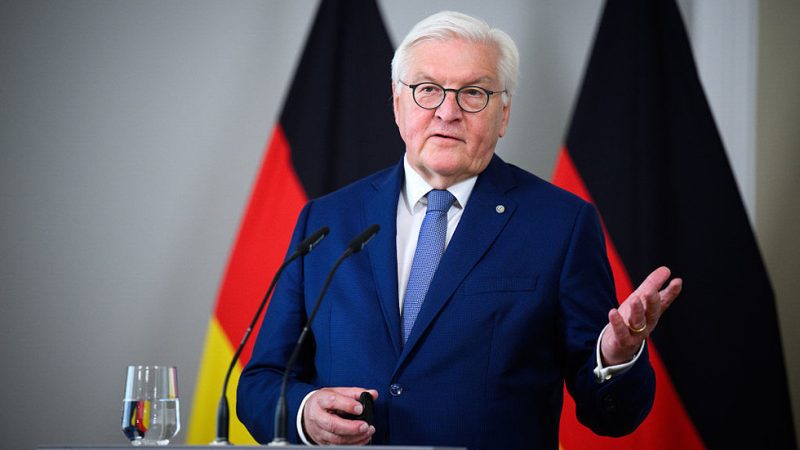
German President Frank-Walter Steinmeier has ignited a national conversation about the reintroduction of compulsory military service. His call comes amid rising security concerns in Europe, prompting a reassessment of Germany’s defense capabilities. Steinmeier argues that relying solely on volunteer recruitment may prove insufficient to meet the Bundeswehr’s growing needs, a sentiment echoed by Defense Minister Boris Pistorius.
Germany suspended compulsory military service in 2011. While the legal framework for a draft remains, a full-scale reinstatement, particularly one including women, would necessitate constitutional amendments. Steinmeier’s proposal isn’t for an immediate return to the old system, but rather a proactive discussion to prepare for potential shortfalls in volunteer numbers.
The President’s comments follow a proposal by Defense Minister Pistorius to significantly increase troop numbers, aiming for 5,000 new recruits annually, eventually reaching 30,000 by 2029. This plan intriguingly includes a provision to automatically reinstate conscription should volunteer recruitment fall short of targets. Legislation outlining this plan is slated for cabinet review in August, with potential enactment by early 2026.
Steinmeier emphasized the urgency of this debate, stating that Germany needs to be prepared for various scenarios. He highlighted the evolving security landscape in Europe, particularly referencing the ongoing conflict in Ukraine, as a primary driver behind this renewed consideration of conscription. This shift in German defense policy reflects a broader trend across Europe, with many nations re-evaluating their military preparedness in light of geopolitical shifts.
The Kremlin, however, has consistently rejected allegations of planned aggression against NATO members, dismissing them as unfounded and accusing Western leaders of using fear-mongering tactics to justify increased defense spending. The debate in Germany, therefore, is not only about military strength but also about the underlying geopolitical anxieties shaping European security policies.










